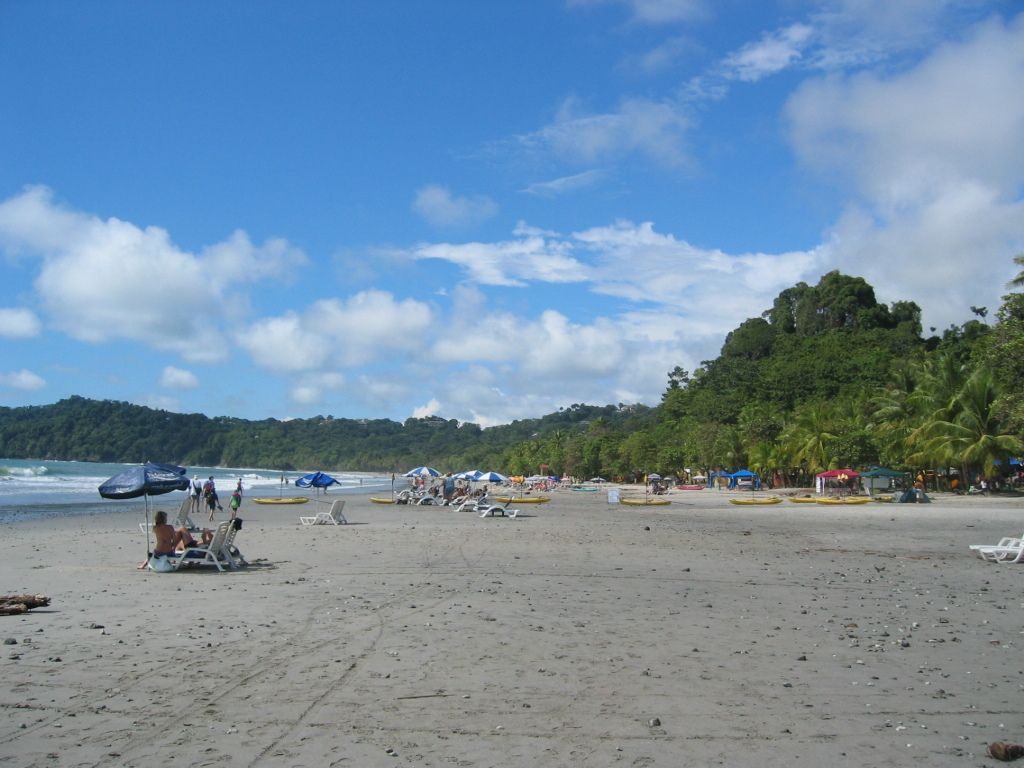EU eliminates Philippines from list of nations associated with illicit funds, DOJ expresses approval.
Newspiece:
The Department of Justice (DOJ) cheered the European Commission (EC) decision on June 13, 2025, to take the Philippines off its blacklist of countries with lax measures against financial crimes. The EC, an independent arm of the European Union (EU), highlighted the Philippines' success in addressing AML/CFT technical deficiencies.
Justice Secretary Jesus Crispin Remulla lauded this achievement in the nation's war against financial misdeeds and guaranteed continuous efforts to uphold economic integrity.
The Philippines now only shares the "dirty money list" with Laos, Myanmar, and Vietnam, as the sole Southeast Asian countries under scrutiny.
Previously, on Feb. 21, the Financial Action Task Force (FATF) took the Philippines out of its "grey list" because of significant progress in improving its AML/CFT regime.
FATF's announcement marked the Philppines' succession of key improvements, including strong supervision of designated non-financial businesses and professions, effective supervision of casino junkets, new registration requirements for money or value transfer services, and the application of sanctions to unregistered and illegal remittance operations[2][3][5].
Removing the Philippines from both the FATF and EC lists can potentially enhance trade and investment flows as it reduces regulatory hurdles and risks for banks and businesses dealing with the country.
Other nations removed along with the Philippines include Barbados, Gibraltar, Jamaica, Panama, Senegal, Uganda, and the United Arab Emirates[2][4][5]. Meanwhile, new additions to the EC's high-risk list include Algeria, Angola, Côte d'Ivoire, Kenya, Laos, Lebanon, Monaco, Namibia, Nepal, and Venezuela[5].
[2] https://www.fatf-gafi.org/publications/fatfrecommendations/documents/fatf-adopted-recommendations-february-2025.html
[3] https://ec.europa.eu/info/publications/implementing-decision-2025_-2025_lis_28_amending_implementing_decision_2019_-_2020_704_3_add_3_vpsr-2020_2025_11_16_en_html
[4] https://www.ajot.com.ph/foreign-businesses-banks-lawyers-can-help-seal-philippine-ec-blacklist-exit
[5] https://www.asiamoney.com/regulation/phils-exit-ecs-high-risk-jurisdiction-list-implications-banks-this-article-was-created-in-collaboration-with-maps-lewis-silver-exec-advisory-partners
- The decision by the European Commission to remove the Philippines from its blacklist of countries with lax measures against financial crimes is being celebrated by the Department of Justice, as it recognizes the Philippines' success in addressing AML/CFT technical deficiencies.
- Justice Secretary Jesus Crispin Remulla praised this achievement, stating that it marks a significant step forward in the nation's war against financial misdeeds and reassuring continuous efforts to maintain economic integrity.
- This removal from the EC's blacklist, paired with the Philippines' previous exit from the FATF's grey list, could potentially boost trade and investment flows, as it minimizes regulatory hurdles and risks for banks and businesses dealing with the country.
- The Philippines now shares the "dirty money list" with only a few other countries, namely Laos, Myanmar, and Vietnam, as the sole Southeast Asian countries under scrutiny in the realm of general news, politics, finance, crime, business, and international affairs.








